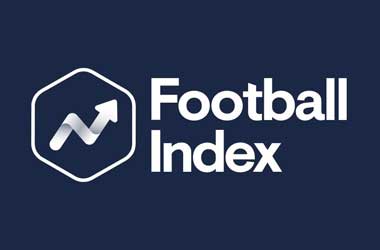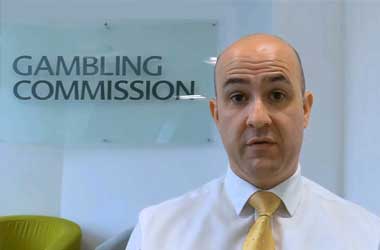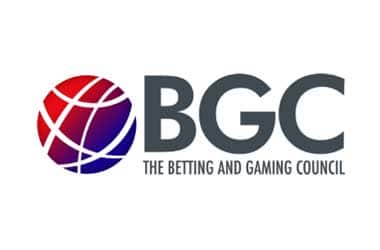 The UK Gambling Commission (UKGC) has received public criticism for failing to do more to protect UK players who were caught off-guard when sports betting site Football Index suddenly announced that it decided to shut down due to financial troubles.
The UK Gambling Commission (UKGC) has received public criticism for failing to do more to protect UK players who were caught off-guard when sports betting site Football Index suddenly announced that it decided to shut down due to financial troubles.
Reports now claim that the UK gambling regulator already knew about the troubles Football Index was going through back in 2020. According to reports, the commission received a warning about the suspended betting firm back in January 2020. The warning said that the entire premise behind Football Index, which was to be a “football stock market”, was a pyramid scheme and that the UKGC needed to take immediate action.
Unsustainable Model
Football Index has been around since 2015 was licensed to operate by the UKGC instead of the Financial Conduct Authority (FCA) despite it presenting itself as a stock market for football players. Technically, it allowed for long-term football bets on their performance. Members could buy shares in a footballer and they could earn dividends over three years.
Shareholders could buy and sell shares, too, allowing them to earn back money or to get an immediate profit. The company received revenue by changing a two percent transaction fee. The betting firm was surprisingly successful thanks to its major advertising campaign. It had advertising slots on sports radio and even shirt sponsorship of Nottingham Forest and QPR. The company had 500,000 account holders when it suspended operations.
Early Warning
Reports suggest that a document was sent to the UKGC in Jan 2020 that pointed out that the Football Index business model had some very fundamental flaws. For one, the fact that the company copied investment products made people believe that they were investing instead of gambling. Investments have a lower level of risk and this means that many of the bettors were uninhibited in the money they were putting into the model.
Additionally, Football Index’s rules were against it. The company’s liabilities increased every time a share was purchased because of the dividend they had to payout. This meant that by January 2020, the company’s liabilities were at more than £1 million a month. As a result, the company was forced to sell more shares so that it would have the funds to pay for everything. The report concluded that if the company ever slowed down growth or declined, it would be unable to pay the dividends it owed.
It looks like the UKGC has dropped the ball on this one and could face legal consequences as a class action lawsuit has been filed against Football Index and the UKGC has also been named in it.









